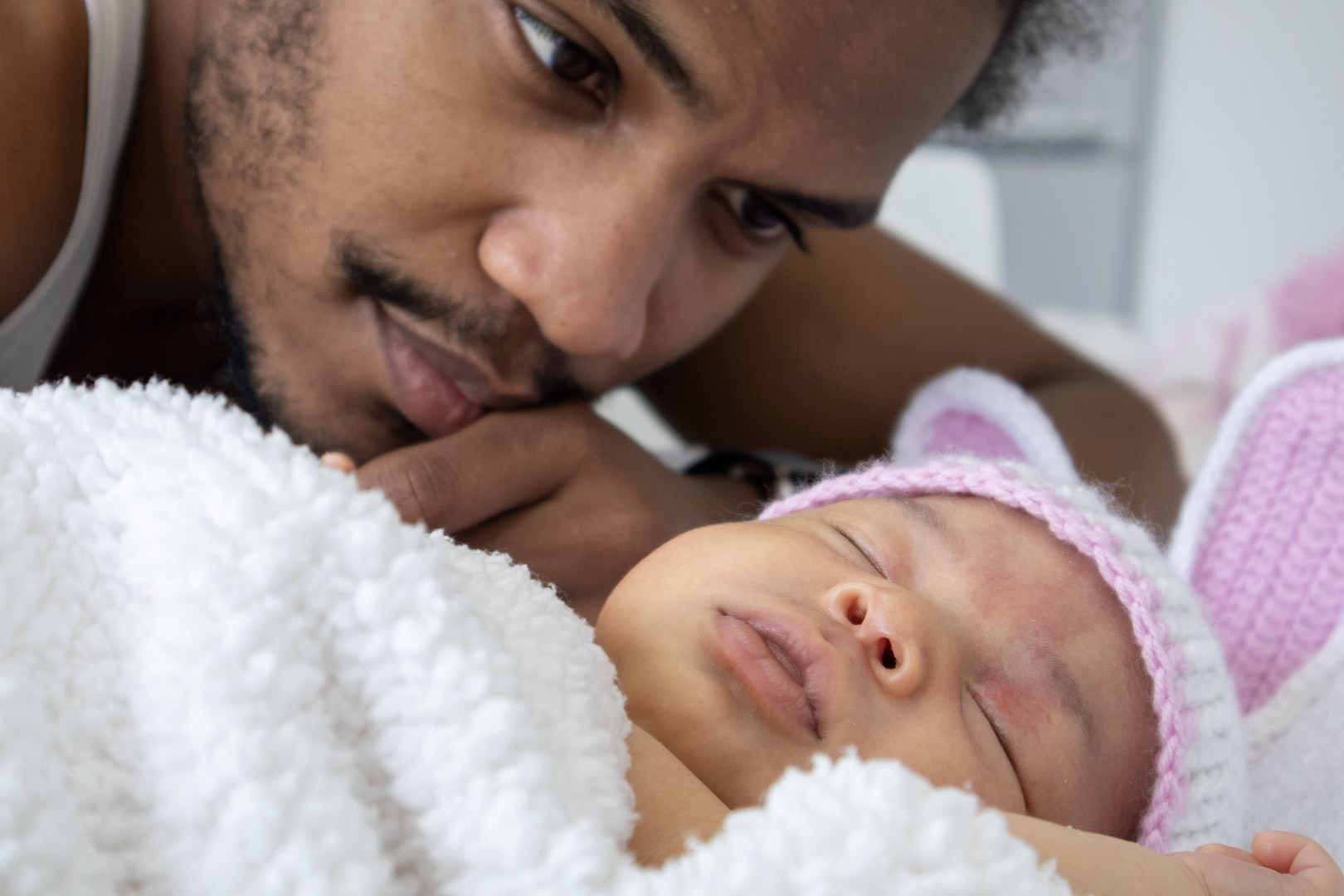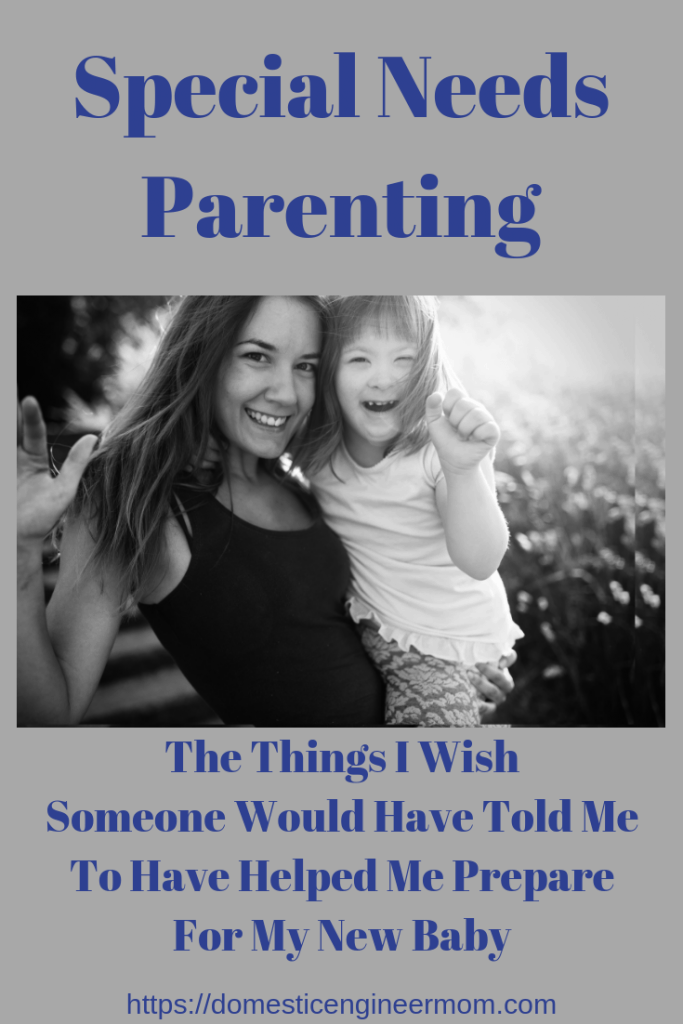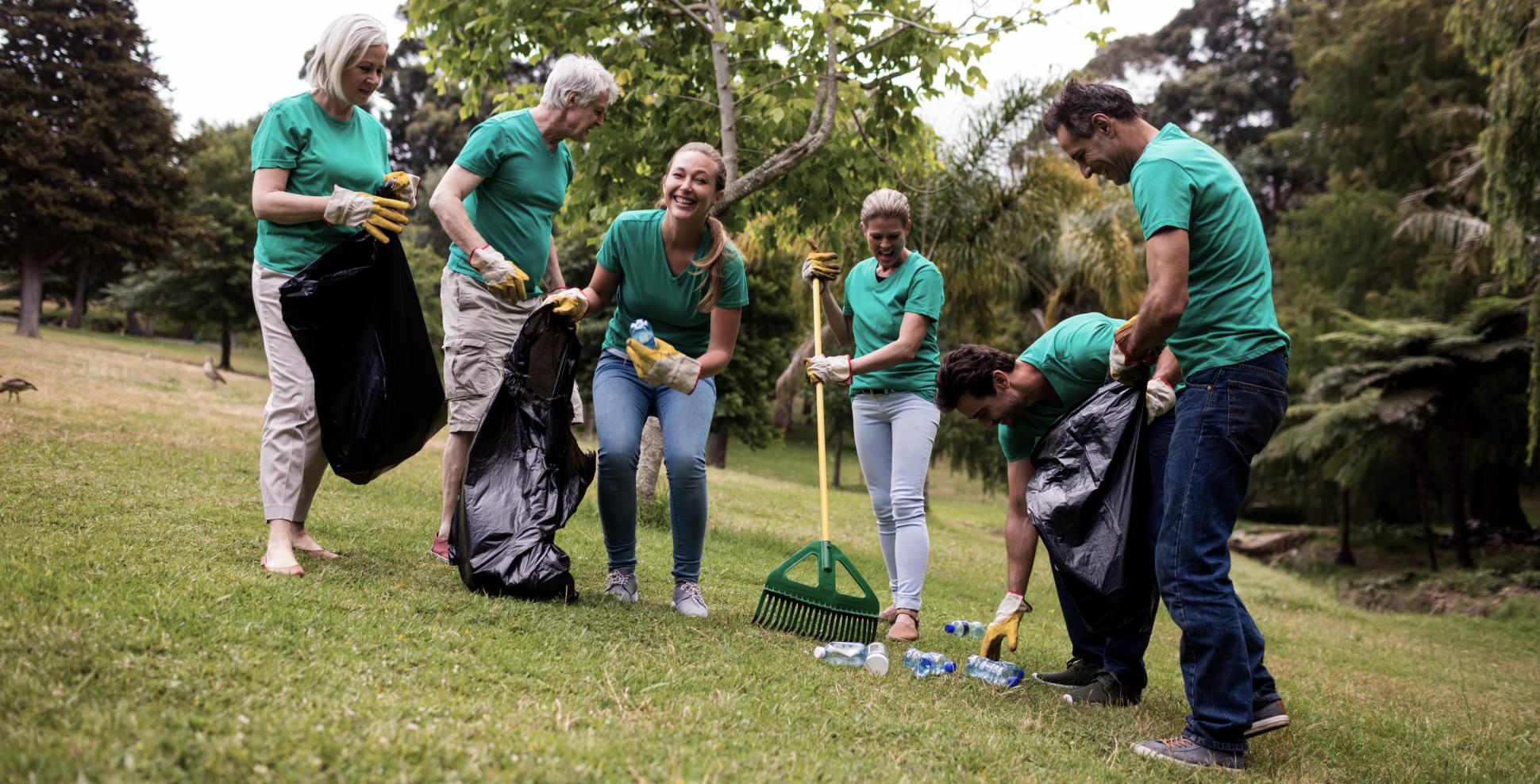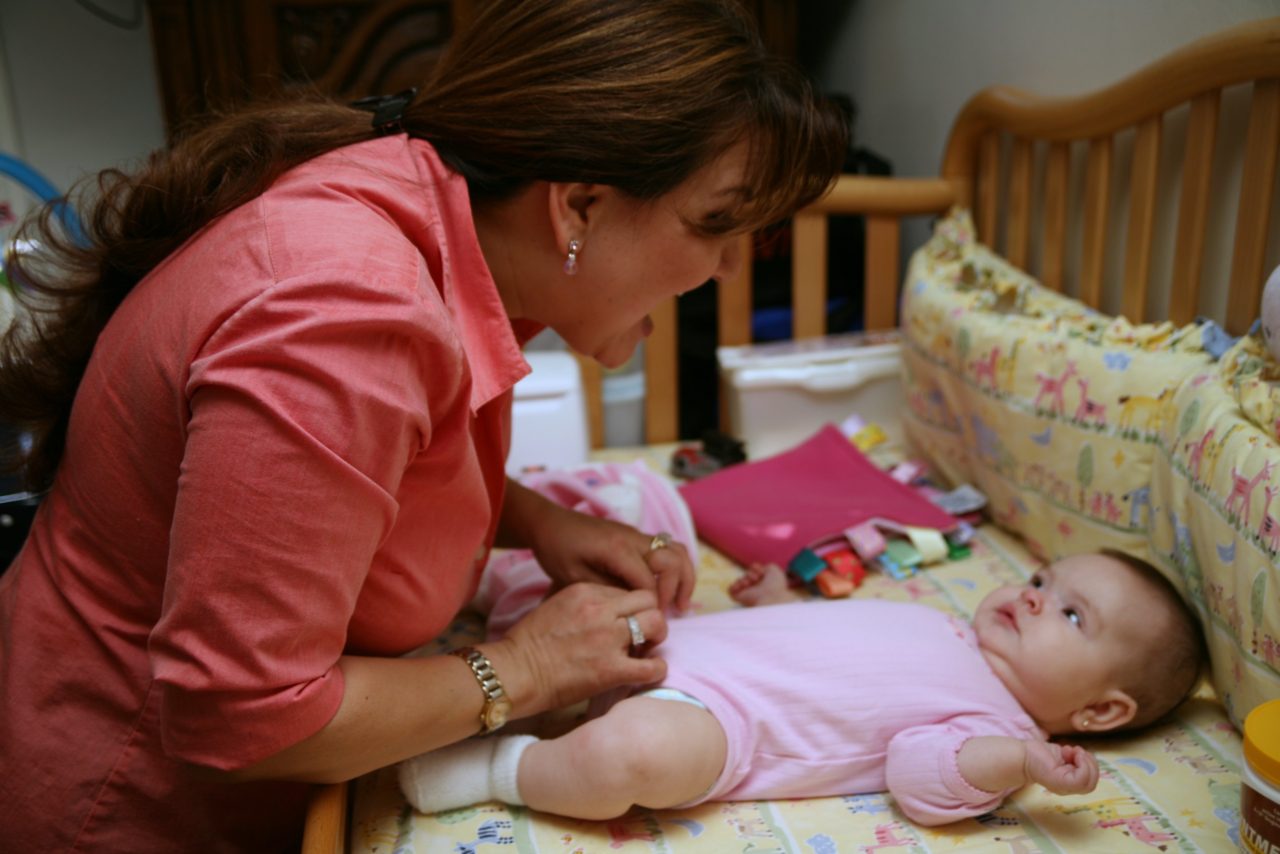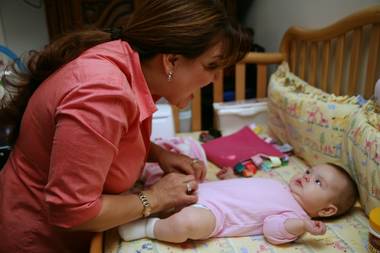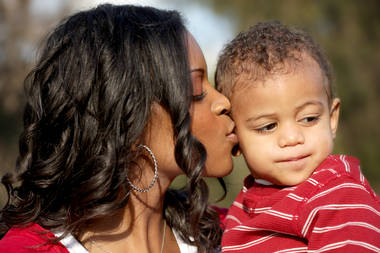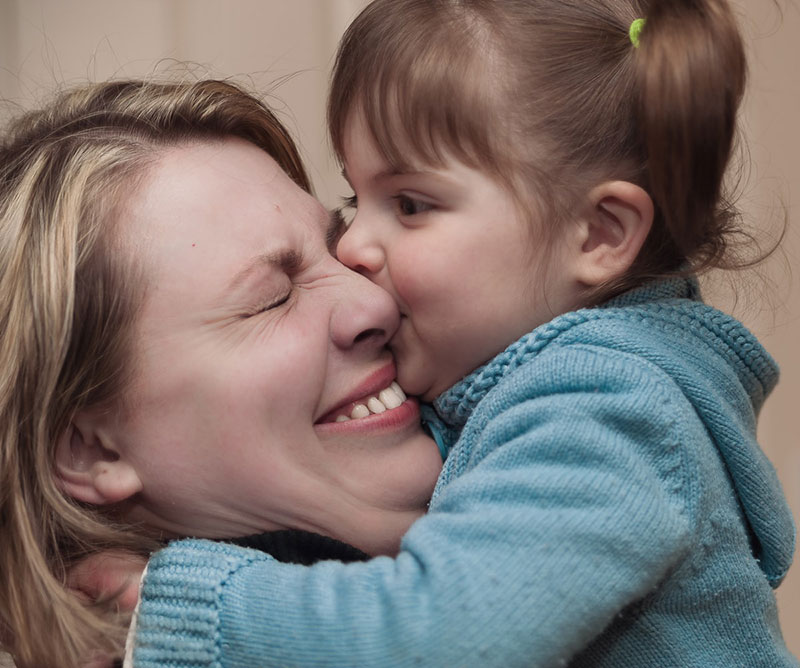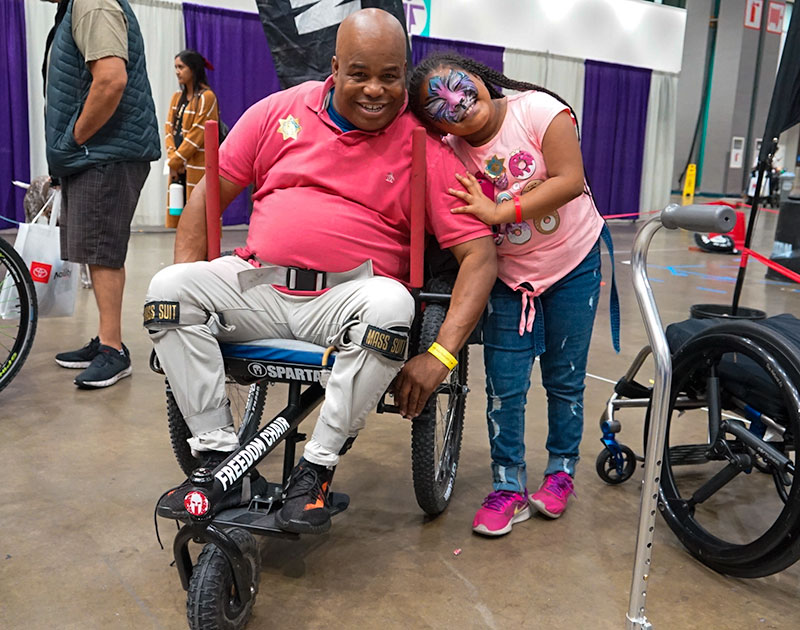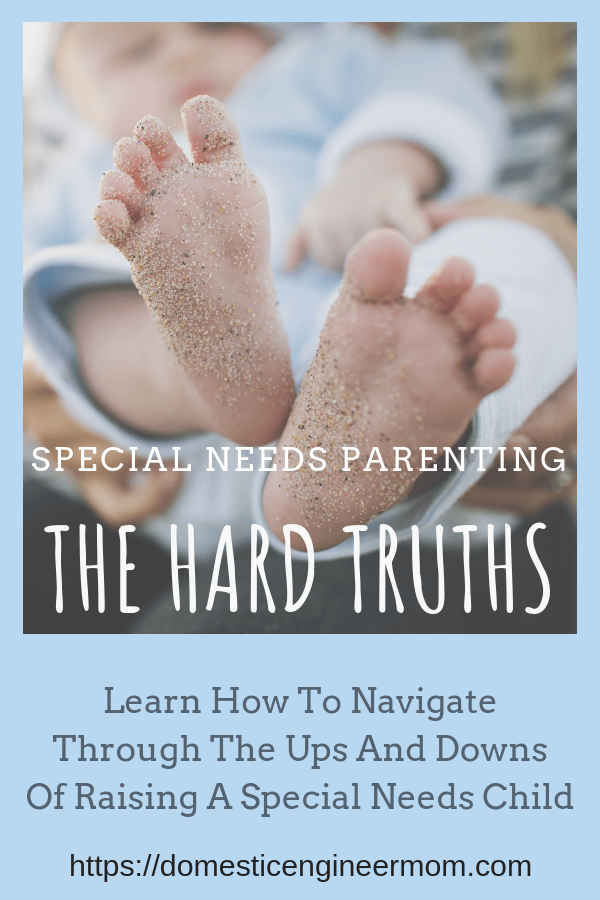Tips for Parents of a special Needs Child
Handling Your Child’s Diagnosis: Six Things Parents Should Do For Themselves
BY DEANNA PICON

Handling Your Child’s Diagnosis
Before their children are even born, parents are already dreaming about the future…first smiles, first words, first steps and down the line, proud graduations and joyful weddings. But for parents of special needs children, those dreams may never come true. For these parents, their child’s life will probably not be as they envisioned. So what do you do when your child is diagnosed with a serious disability? Of course, the top priority is taking care of your son or daughter and ensuring they receive proper medical care from pediatricians and other developmental specialists. Securing appropriate services and early intervention programs are key to starting them on the right path to a good life. But, how do you handle these unforeseen and unexpected changes in your life?It’s overwhelming to consider all the ways you and your child’s life will change, but that’s okay. Like everything else in life, you can get through it, by following a few important steps.

1. Give Yourself Permission to Feel and Heal
Accepting your child has a disability is not easy. Parents experience a roller coaster of emotions such as denial, anger and hopelessness. You may feel sad, guilty or lonely at times. Keep in mind that these feelings and thoughts are perfectly normal and are to be expected, given your new situation. It’s fine to have them every now and then. This does not make you a bad person or bad parent—it just means you’re human. Loving your son or daughter and doing the best for him/ her makes you a good parent, whether your child has a condition or not. Continuing to do your best in difficult circumstances makes you both a good parent and a good person.
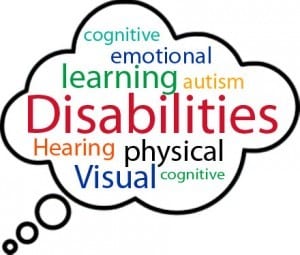
2. Take Your Time
Trying to adjust to a new life that you didn’t plan for or anticipate is difficult. You didn’t sign up for this any more than your child did. It’s important to take as long as you need to process everything, whether it is days, months or years. There’s no set timetable for healing and acceptance. If you find that you’re constantly plagued by worries, stress or negative thoughts, you might find it helpful to express your feelings. There are a variety of ways, such as writing in a journal, talking to a good friend or trained professional or joining a parent support group.

3. Separate the diagnosis from the child
Raising a child with a disability does alter your life. However, it shouldn’t change the love you have for your son or daughter and the strong bond that naturally develops over time. If you only look at the behaviors and challenges, you are allowing your child’s diagnosis to be the focus of your relationship. The positive alternative is accepting your child for who s/he is, understanding that they cannot be blamed for their condition and viewing the disability as just another aspect of your lives together. Don’t let your child’s diagnosis stop you from seeing the person behind the disability and loving him/her unconditionally. And instead of focusing on what your child can not do, think about what they can do. Look for the special qualities and the little things that bring them comfort or happiness.

4. Avoid Isolation
Always remember, you are not alone, even though it can feel like you’re the only one in the world dealing with a child’s disability. It’s not your fault. You didn’t do anything wrong. There’s nothing to be ashamed about.You have friends and family who care about you. The support of others around can help you make it through the hard days, aid you in making good decisions, and provide the physical and emotional breaks we all need now and then.
Above all, choose to spend time with people who make you feel at ease. If certain friends or family members make you feel uncomfortable by staring, making remarks or over-reacting to your child’s behavior, don’t associate with them. Maintain positive relationships with those who understand your child’s condition and support your family.

5. Ask For Help If You Need It
There will be times when all the challenges and stress get on top of you, and you just need an extra pair of hands to help you through. There’s no shame in asking for and accepting help from family and friends. Contrary to popular belief, it’s not a sign of weakness. It’s actually a sign of strength and courage to share your needs with others.So go ahead and ask your best friend to watch your child for a few hours so you can have some “personal time”. And your father won’t mind picking up a few items from the supermarket for you when he visits your family.

6. Don’t Place Yourself On The Backburner
With most of your attention and time focused on your child, it’s easy to forget about your own needs. But it’s important to take care of yourself. After all, if you don’t, who will? Try to get at least six hours of sleep a night, eat properly and exercise. You don’t have to join an expensive diet plan or pay for a gym membership. A 30 minute walk, three times a week, is not only excellent for your heart; regular fresh air and exercise also benefits your mental health. You may want to explore meditation or other relaxation techniques. There is plenty of free information on healthy eating on the Internet.
You Can Do This!
There’s no getting around this. Your child’s condition has changed your life. But nobody gets the life they expected. Lightning strikes, plans don’t work out, things change. Everybody, with or without a special needs child in their lives, ends up in a place they didn’t expect and doing things they never thought they would. The trick is to do the best with the life you have. With the right perspective and a good support system, you will have a good life, and so will your whole family.
Deanna Picon, is the founder of Your Autism Coach, LLC, which provides personalized guidance, support and seminars for parents of special needs children. She is a parent of a non-verbal, young man with autism. Deanna is the author of “The Autism Parents’ Guide to Reclaiming Your Life.” She can be reached at www.YourAutismCoach.com or @yourautismcoach.
Helpful Articles
Handling Your Child’s Diagnosis: Six Things Parents Should Do For Themselves
8 Ways to be a Great Advocate For Your Family Member With Special Needs
A Complete Guide on Dental Care for Children with Special Needs
You May Also Like
Being An Advocate For Your Special Needs Child
I now want to talk with you now about being your child’s biggest advocate.
I would like to stress one of the biggest things on this topic alone is to, educate yourself, educate yourself, educate yourself!
So you can be your child’s best advocate. No one is going to advocate for your child more than you do.
We have actually experienced this numerous times and still at it.
For an example, Gabrielle was going on 8 months old at the time, this was fixing to be her third surgery.
Honestly, I just did not agree with what the doctor.
He was going to put another shunt in on the other side of her head. You know when you don’t feel right about something, you should question it.
So long story short we ended up switching Neurosurgeons.
You might be asking how did we come about finding another doctor? We started asking our therapist, home health nurse, and pediatrician.
It just so happen that one of our therapists had gone to a conference and heard the current Neurosurgeon we have now.
And the rest is history, because he is still caring for her.
Don’t let anyone ever tell you that you cannot get a second opinion. No, you get a second opinion if you feel that you need it and you want to explore other options.
Don’t let anyone ever tell you that is not OK to get a second opinion.
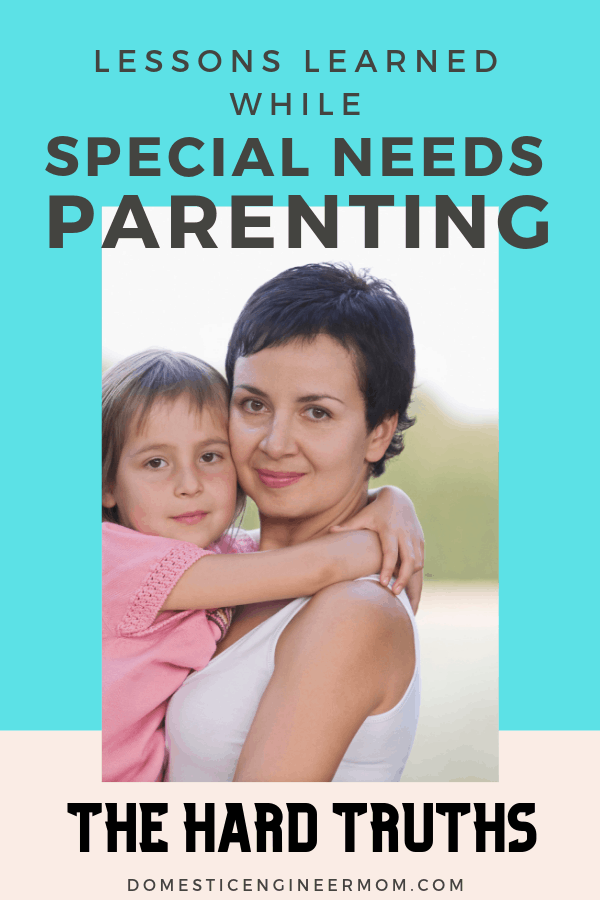
So the second lesson learned. If you feel you need a second opinion, third opinion, fourth opinion it does not. Always remember you have choices.
Special Needs Parenting And The Negative Comments
The 3rd part that I want to address is sharing your information with just anyone.
You will find not all family and friends will be supportive. I don’t think it’s because they are trying to be insensitive.
Maybe it’s because they don’t know what to say or even how to support you. I will give you an example.
My mom has a good friend that made a remark by saying ” I don’t understand why would they risk getting pregnant again.”
You see, two and a half years after Gabrielle was born I was pregnant again. It was intentional.
We really wanted to try for that boy.
We asked the neurosurgeon about getting pregnant again.
He said that there was less than 1% chance of ever having another child born with Dandy-Walker.
Well, obviously we didn’t beat those odds if you have read some of my other posts. But she didn’t know that at the time I was pregnant.
Honestly, I couldn’t believe how ignorant that kind of remark was. Did she know any statistics?
Most likely not. Do you want to know what I think is worse? Is that my mom shared that news with me.
Knowing how hard it was for me when we heard the news about Gabrielle.
Not all people use their brains when they speak about something they don’t know about. That is just what it is.
So here are the third lessons. Be cautious with whom you share your news with. I really think that it’s mostly people that don’t know you. That’s where you will find the lack of support.

Here’s the part I find myself still feeling on many occasions. Having special needs children is hard. It is different than having typical children.
Yes, I can say this and make that kind of comparison. We have 2 typical children and there is a difference.
First, you may blame yourself. Even though there was nothing you could have done or anything that could have been prevented.
I think most moms find themselves feeling that way.
It was very hard on me before we had Gabrielle. I thought what could have I done to help prevent this?
Then after she was born I thought maybe I didn’t pray hard enough.


